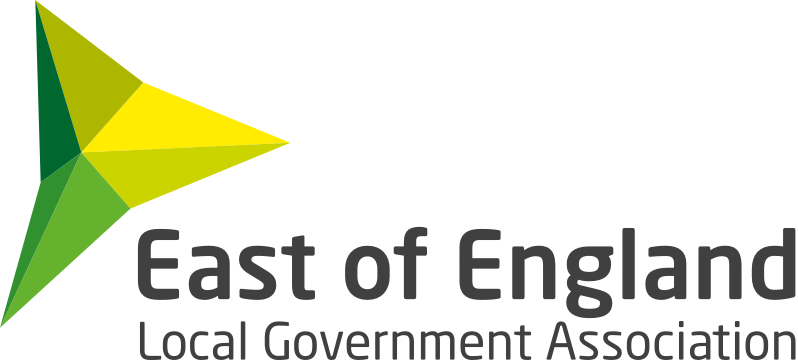Resettling Refugees in the East of England – Progress to Date
Resettling Refugees in the East of England – Progress to Date
Refugees fleeing Syria to the UK – ‘We’re not trouble’ (https://www.bbc.co.uk/news/uk-england-49599377)
Anyone reading this BBC article will perhaps think that the East of England has not done as much as other regions in the UK. However, these figures in the article don’t tell the whole story, so let’s look behind the figures and consider what we are doing.
Firstly, there are two refugee resettlement programmes – the Syrian resettlement scheme which the BBC article examines and which was targeted with resettling up to 20,000 refugees from the Syrian conflict over 5 years, and the smaller Vulnerable Children’s scheme which resettles children at risk of harm and was targeted with resettling 3,000 children and families over the same time.
Here in the East, many councils are taking part in both programmes and adding in the beneficiaries of both programmes together shows that there are some 865 refugees now calling this region their home – compared to the East Midlands total of 805.
However, we are still some way behind the two top performing parts of the UK – Yorkshire (over 2000 resettled refugees) and Scotland (over 3000). In both places, they committed to the resettlement schemes early and said that they would meet their resettlement pledges over the first years of the programme. This also meant that those earliest arrivals are renting houses at LHA rates that are at the same level now as they were in 2015 so are much harder to procure as the gap between market rent widens. Additionally, these early arrivals weren’t subject to the benefit cap which now applies to all newly resettled refugees. The cap is only lifted when someone in the family starts to work – impossible on arrival in the UK if you have no English.
In addition to these challenges, many of our councils had little experience of working with refugees in 2015, so it has taken us longer to get the schemes off the ground, but our numbers continue to climb steadily and we expect to have resettled 1000 refugees by the end of this programme in April 2020. There are over 100 refugees in every county of the region – not in every district council because local arrangements mean that some upper tier councils (Norfolk and Suffolk) coordinate the scheme on behalf of all districts but only resettle in one or two locations. We also have three families whose support comes from local community sponsorship groups – councils have approved four groups and another three are planning their proposals.
It’s not all about numbers though – it is about families starting their lives again and beginning to thrive. Some of the refugee girls in Peterborough are part of a school football team that has taken part in a national tournament – twice – and won it on both occasions. In Hertfordshire, there is a family which arrived in 2016 where both their children are now attending university – the youngest having achieved grades of A* A* A for his A-Levels this summer. If baklava is your thing, you can hire caterers from Essex who came from Syria as part of the resettlement programme. In Ipswich, a resettled refugee may serve you in one of the waterfront cafés. All across the region, lives are moving on with people studying English, taking their driving tests, undertaking training and volunteering to enable them to start working to support their families.
We are now starting the next phase of a new resettlement programme that will begin in summer 2020. In one year, the government has asked if, with the support of our councils, the UK can resettle 5,000 people. If we can contribute as much as we did to the current scheme under the new one, that means our resettling just 250 people in a year – 50 families across a region of 50 councils. I am sure we can do that. In fact, I am sure we can do more as we have learnt what it takes to run an effective scheme and are starting from a point of experience and expertise. If we were to resettle in proportion to our population size we would be looking to support 9.5% of the total commitment – a much more challenging 450 people in a year. Please get in touch with us to discuss what you think is realistic and achievable in your council.
Strategic Migration Partnership at East of England LGA:
Louise Gooch – [email protected] t: 01284 758308
Enoch Kunarajah – [email protected] t: 01284 758317



